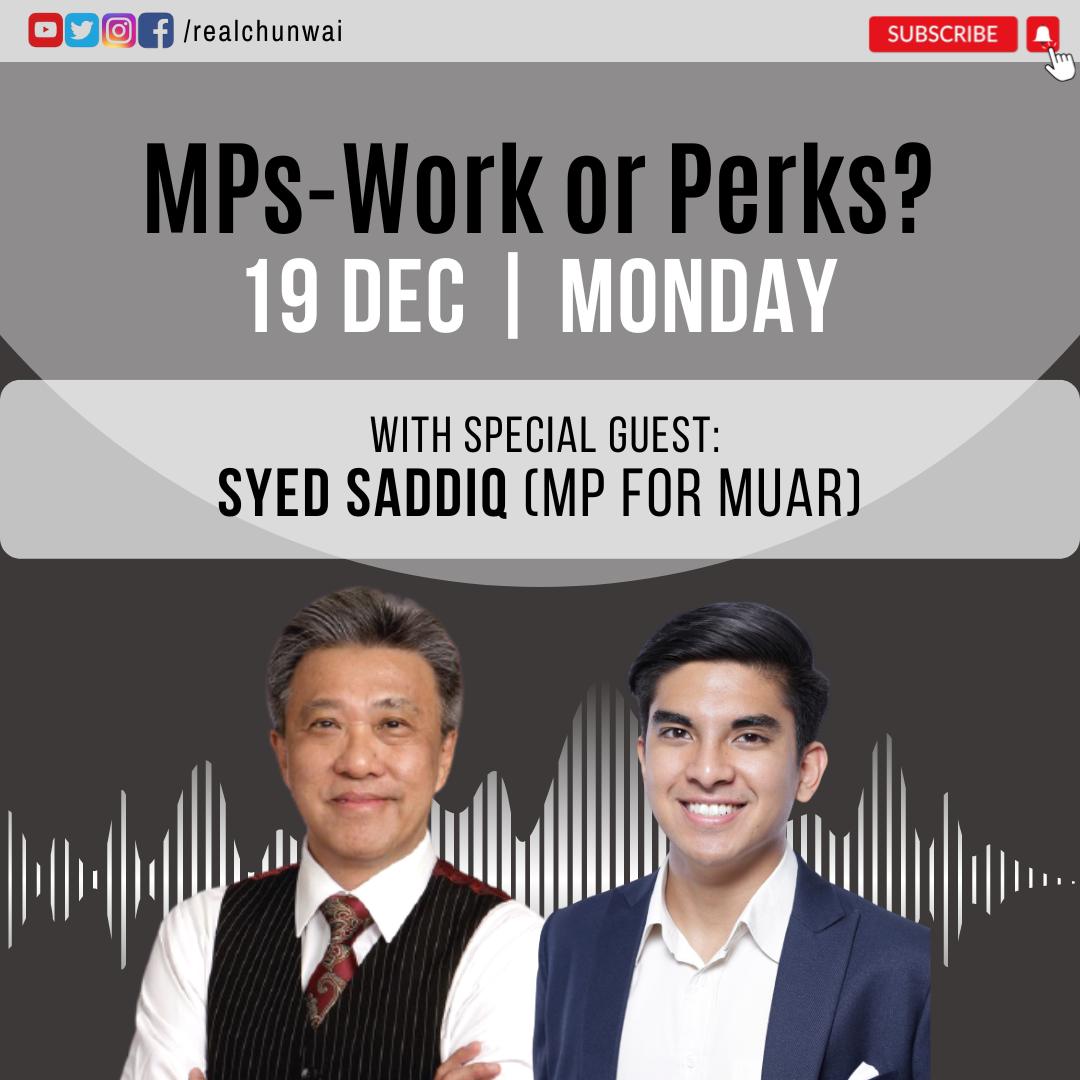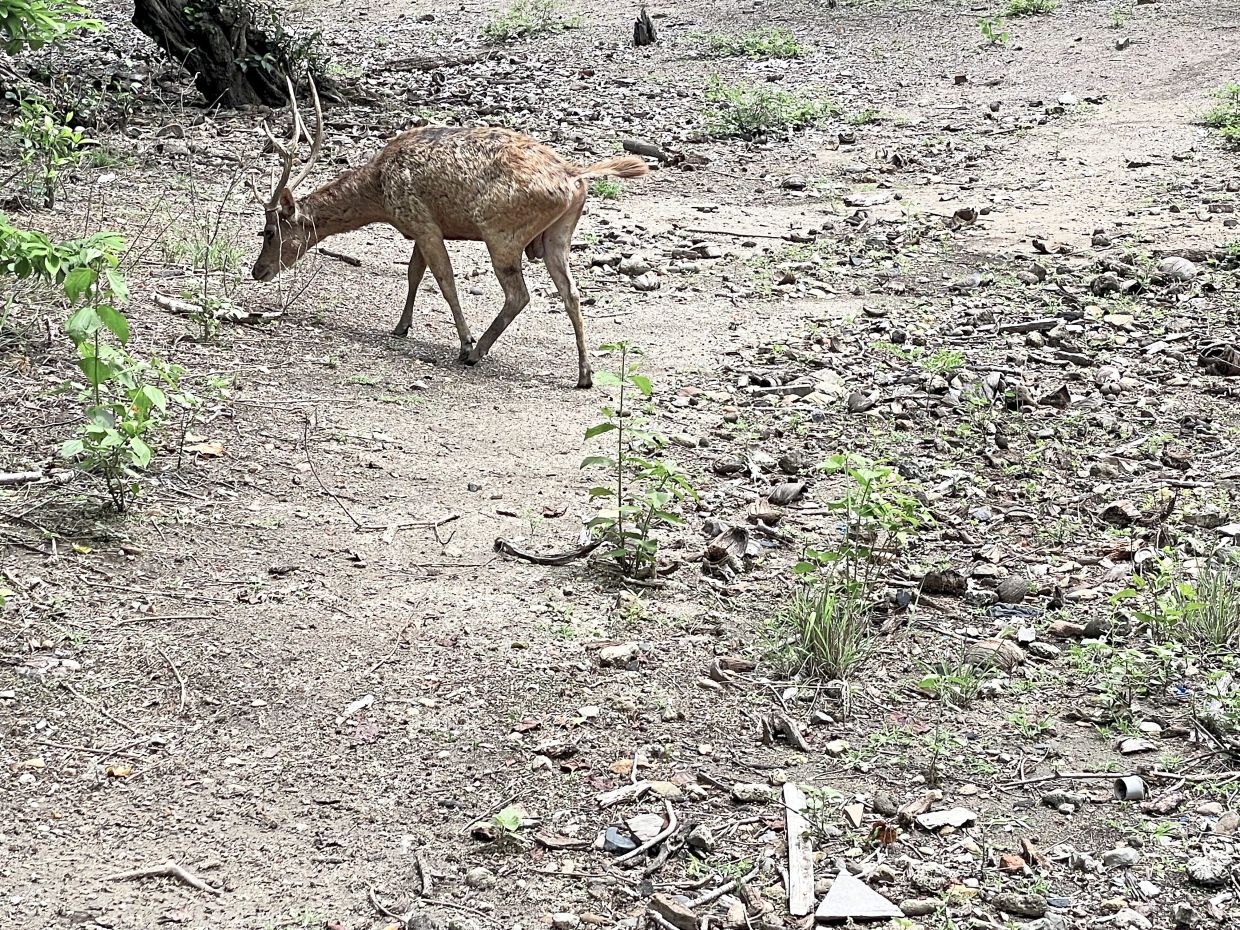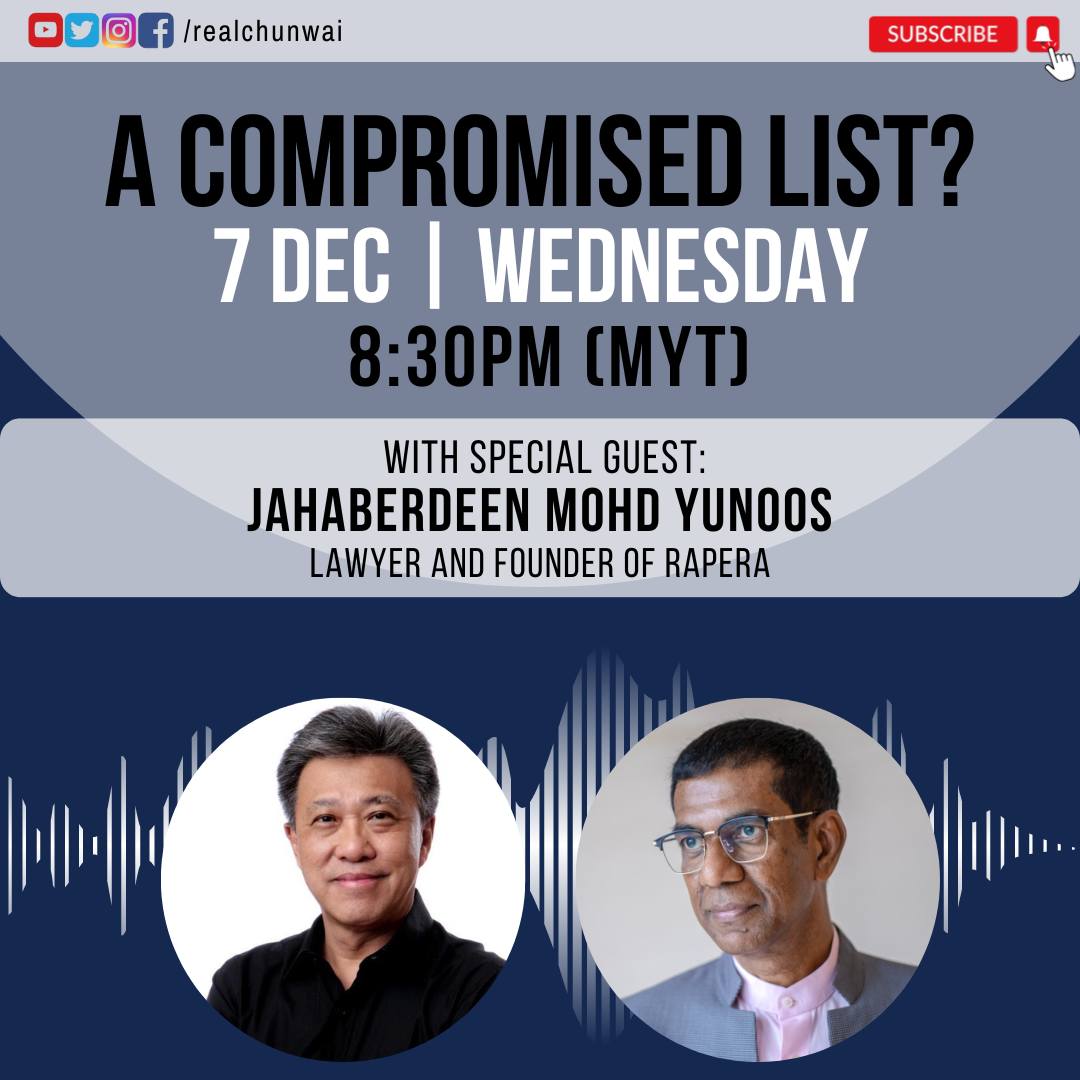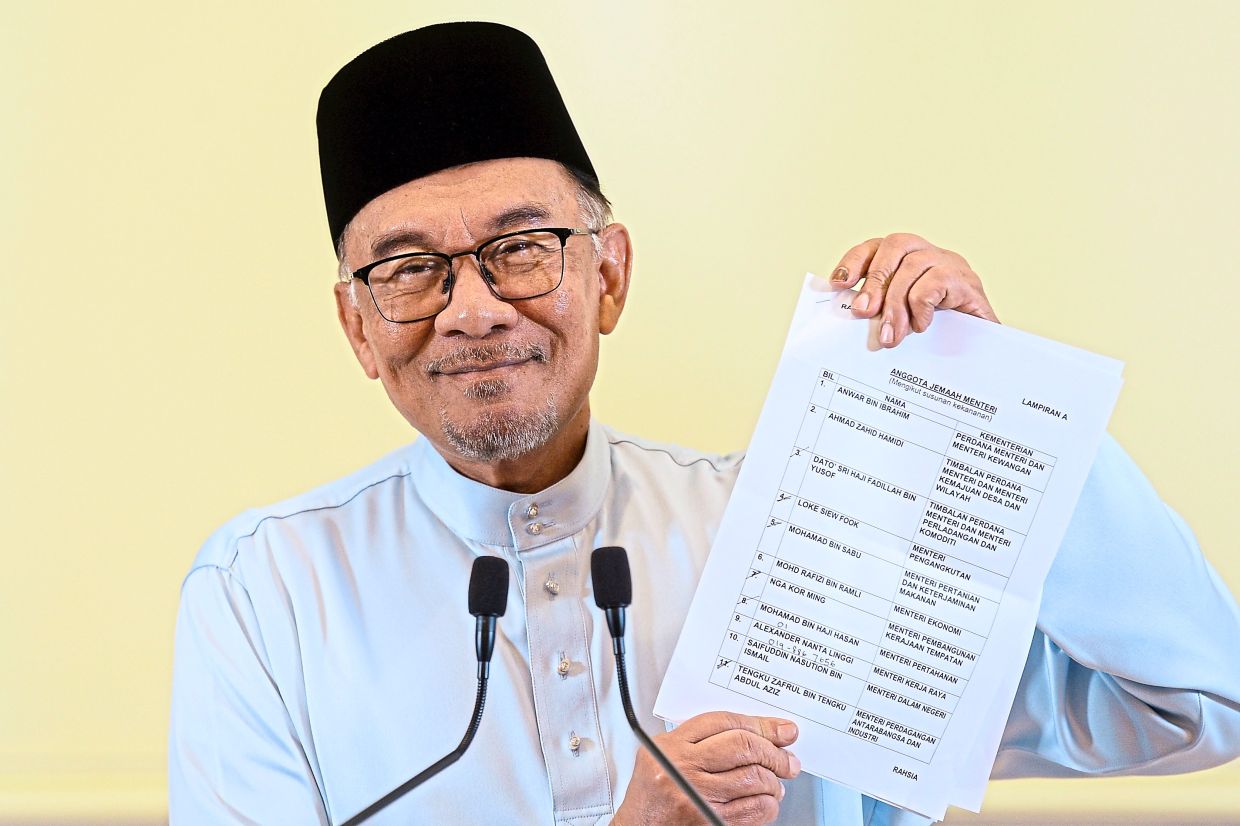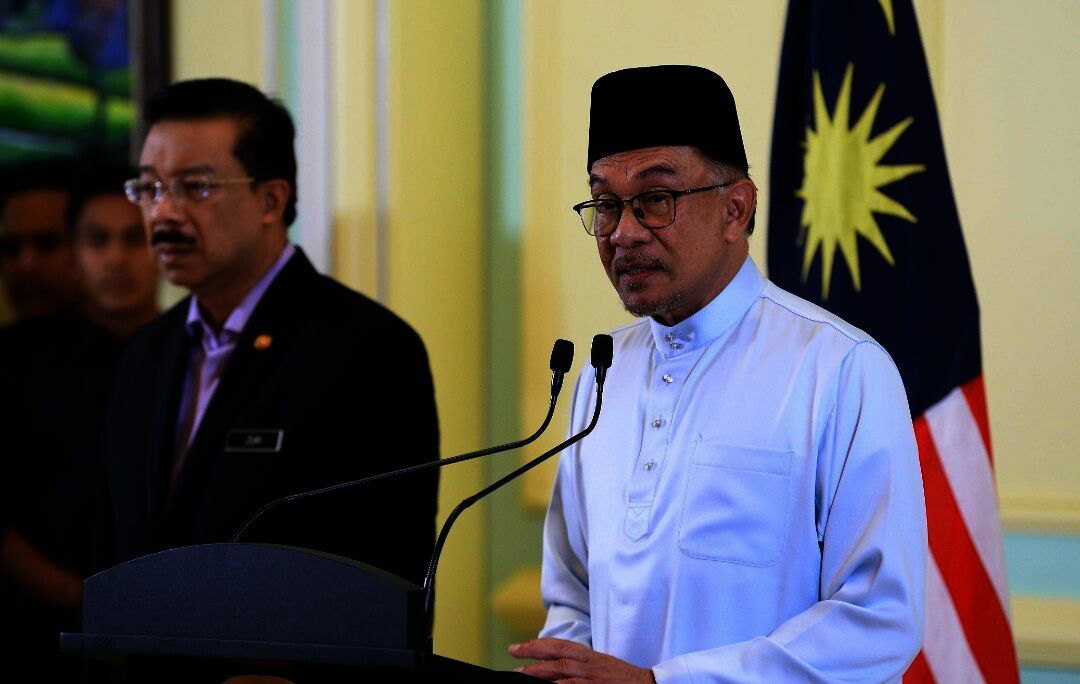OUR food choice can make us draw swords even quicker than our feelings for our nation’s politics – such is our passion for pleasing our palates. Begging to differ?
Well, when Michelin Guide representatives announced their choices for Kuala Lumpur and Penang at the Berjaya Times Square Hotel recently, the guests at my table, who were conveniently Penangites, were already providing a running commentary on their thoughts.
Naturally, there were disputes because some of the eateries accorded accolades aren’t even familiar to them since these Northerners had relocated to Kuala Lumpur ages ago.
But their biggest bone of contention was the glaring omission of nasi kandar, which is almost sacred food in Penang. At that moment, I was certain the Les Bleus had lost 10 Malaysian supporters for the World Cup final.
Haven’t these food connoisseurs heard of Hameediyah, the oldest nasi kandar restaurant?
It’s an institution because it has been operating since 1907. Mais oui!
The long queues at Deen Maju on Jalan Gurdwara or at the Kampung Melayu flats surely beat the lines at the Louvre.
Likewise, it’s blasphemous to leave out of the list our national dish, nasi lemak.
Being the only media person present, I was surprisingly interrogated on the mechanics of the selection process and left to explain who these secret food inspectors were to rate the quality of our hawker fare.
Under the Bib Gourmands category, mentions – not Michelin stars – are awarded to excellent restaurants for food being good and reasonably priced, and the choices included smaller restaurants for regional and traditional cooking.
In all fairness, I will agree with the selection of the no-frills Taksen restaurant in Penang. In fact, it’s even deserving of a Star. Likewise, the Green House Prawn Mee on Burmah Road.
As far as laksa and char koay teow are concerned though, that’s a hornet’s nest of a debate since Penangites are divided by which one is best.
For Kuala Lumpur, De.Wan 1958 surely deserves it. Chef Wan has made his Malay dishes as authentic as possible because that’s exactly how it should be done.
It’s better to win the hearts and stomachs of your Malaysian customers who want the real thing, than to suit foreign taste buds, and worse still, for those who can’t even pronounce the food they tasted.
But for the Michelin Star category, I would say Darren Chin deserves the recognition. He has worked very hard, and his food really tastes good, although it’s expensive! But you get what you pay for.
As a Penangite, I’m also proud that Aunty Gaik Lean’s Old School Eatery has made it to the list, although other Penang folk would surely insist that their chosen ones deserve to be awarded instead.
When the Nyonya restaurant was named, I quickly messaged my friend in China whom I’d taken to the eatery on Bishop Street recently, telling him that it now has a Michelin Star!
There seems to be less dispute over the Michelin stars, presumably because they are more expensive establishments.
Being the first year of the awards here, Michelin can expect plenty of flak, but that only bodes well. It means Malaysians are passionate and proud of their food.
After all, we’ve raised many south-of-the-border rackets with Singaporeans over the origins and quality of our food.
But the inspectors really need to get Malaysian partners involved for their tasting sessions. They can’t say they know better because as Malaysians, we surely know much better.
Still, it’s great that Michelin has agreed to come to Malaysia because this fanfare can significantly boost our tourism. Tourism is no longer only about sight-seeing since it also includes culinary, medical and even entertainment offerings.
Malaysia has become one of the favourite tourist spots in Asia because of its multi-racial character and compatibility.
But there’s also a lesson to learn – our restaurants and hawkers need to get their act together. They need to be cleaner and more health conscious.
Being a Penangite, I may be fine tucking into my favourite duck blood white curry mee or laksa assam stall next to a longkang (drain), but that experience would be horrible for the French Michelin food inspectors. Imagine them using restaurant toilets with no toilet rolls. Horror of horrors.
Let’s admit it, Singapore has fared much better than us in this respect.
The people behind it – CF Capital – or rather, entrepreneurs Faliq Nasimuddin and Chryseis Tan – deserve plenty of plaudits for bringing Michelin to Malaysia and setting a new standard.
They’ve surely played their part in bringing greater recognition to Malaysia.
But as the glittering night came to its conclusion, a friend who stays in Klang texted me – “Hello, the best bah kut teh is in Klang lah, not in KL.”
So, Selangor definitely needs to be recognised in next year’s list.
Still, let’s not forget the popular saying, one man’s meat is another man’s poison. As the old adage goes, you can’t please everyone all the time.


